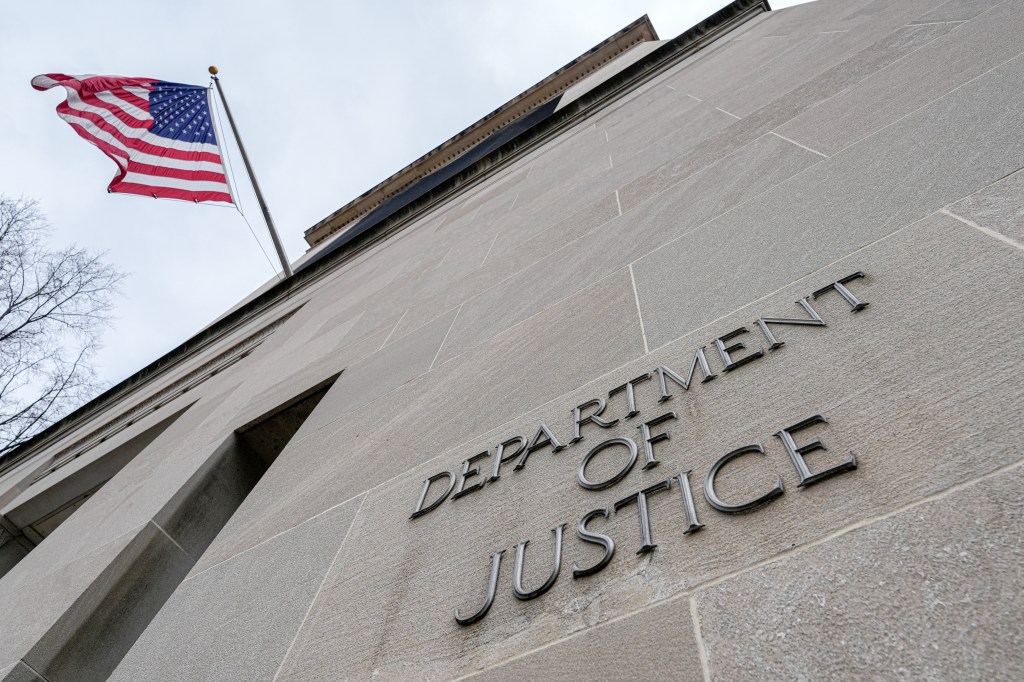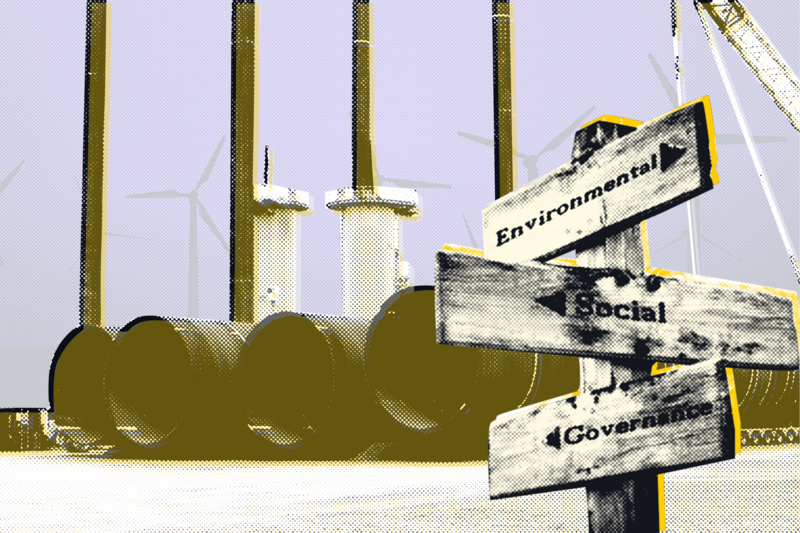A meeting last Thursday of the SEC’s Investment Advisory Committee seems to suggest that the agency is poised to propose a rule that would require public companies to disclose more precise human capital disclosures. These disclosure rules would follow on the agency’s new requirements, adopted in August 2020, of a more principles-based framework for human capital information in public companies’ 10-K annual filings.
While the August 2020 amendments focused on disclosures relating to human capital risks and resources, the SEC’s Investment Advisory Committee noted that a variety of investor-protection groups and the Financial Accounting Standards Board have proposed to mandate that companies disaggregate reporting of major operating costs, such as employee compensation.
How companies respond to human-capital related risks and the impact of these risks on the company’s bottom line and strategies “can be very material to investors,” the Investor Advisory Committee said in its recommendations. Increasing the disclosure surrounding the workforce is particularly relevant as the US economy has shifted from a production-based economy to a service-based one, they noted.
The 2020 rule relating to human capital management practices and policies for issuers have proven inconsistent, vague and of varying quality, said Cambria Allen-Ratzlaff in the meeting on Thursday. The 2020 rule didn’t even define “human capital,” she observed.
The SEC should pass a rule expanding workforce disclosures to include employee turnover rate, total workforce cost (including breakdown of compensation), and demographic data as allowed under local laws, according to the committee.
Allen-Ratzlaff is head of investor strategies at Just Capital, which ranks public companies based on criteria such as whether they pay a fair wage, protect worker health and safety, and provide benefits and work/life balance. The only consistent disclosure on human capital remains the total number of employees at the firm, but that number doesn’t break out the employees by type, such as full-time, part-time, contractor or contingent, she said.
The SEC should pass a rule expanding workforce disclosures to include number of employees by type, turnover rate, total workforce cost (including breakdown of compensation), and demographic data as permitted under local laws, according to the investor committee.
UN Climate Ambition Summit – fossil fuel focus
Last Wednesday in New York, UN Secretary-General António Guterres put fossil fuels at center stage of the one-day gathering, warning that “humanity has opened the gates of hell,” in the form of extreme weather-related events, citing recent wildfires, floods and prolonged high temperatures.
Although the Climate Ambition summit did not yield policy breakthroughs, its significant focus on phasing out fossil fuels was intended to spark discussion and action leading into the next round of global climate talks – COP28 – which is convening in Dubai from November 30 to December 12.
Sultan al-Jaber, the president-designate of COP28, said in July that a phase-down of fossil fuels is “inevitable” and COP28 will be about tackling greenhouse gas emissions on a large-scale, measured in gigatons.
HSBC commits to support climate tech startups
Climate-tech companies are playing a vital role in the effort to transition to cleaner fuel sources by developing new technologies to reduce carbon emissions. Knowing this, banking giant HSBC Holdings recently announced plans to allocate $1 billion in financing to support climate-tech startup companies around the world.
The financing is expected to support start-ups in a variety of sectors, including EV charging, battery storage, sustainable food and agriculture, and carbon removal technologies.
HSBC has also developed a new climate-tech venture capital strategy, which aims to invest in early-stage companies dedicated to achieving a net-zero transition.
HSBC will also invest $100m in Breakthrough Energy Catalyst, a platform that funds and invests in firms using emerging technologies to transition to cleaner sources of energy.
The funding announcement follows HSBC’s recent launch of HSBC Innovation Banking, a new unit focusing on banking services to start-ups, investors, and the overall tech community. HSBC has also developed a new climate-tech venture capital strategy, which aims to invest in early-stage companies dedicated to achieving a net-zero transition.
DeSantis and Biden offer contrasting plans
Florida Governor Ron DeSantis unveiled his energy platform, as the Republican presidential candidate seeks to gain ground on front-runner Donald Trump in the GOP primary fight.
Generally speaking, his platform aims to broaden oil, gas and uranium production on federal lands, scrap the Paris agreement, cancel Biden’s electric vehicle (EV) policies and many other environmental regulations, plus create a “Critical Mineral Strategic Reserve” that would hold significant investments in the so-called critical minerals that go into semiconductor chips.
For its part, the Biden administration announced last Wednesday that it will make $4.6 billion available to help states, localities and tribes implement their climate plans. The White House has already announced its goal of having as much as two-thirds of the new vehicle market shift to EVs, or electric vehicles, by 2032.












